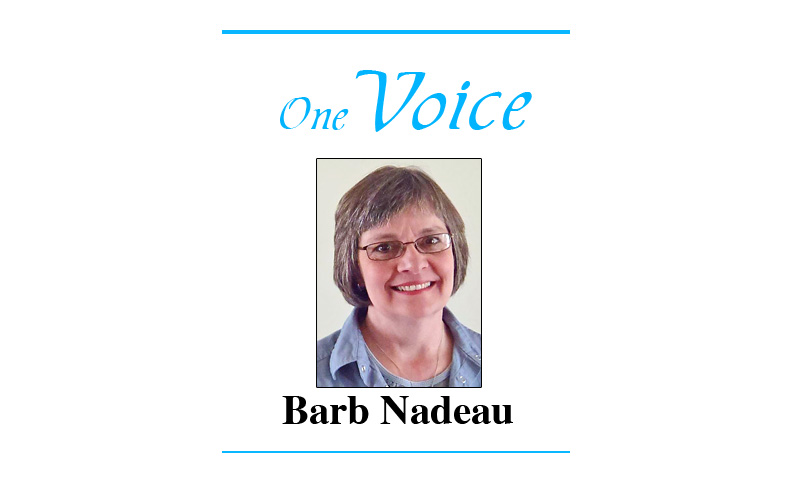
Do you think the loss of cursive writing affects you or your day-to-day life?
Cursive writing is only taught in some schools in the United States which has resulted in a marked decline in the early 21st Century. The No Child Left Behind act of 2001 dropped cursive writing as a requirement, and many schools adopted Keyboard to their curriculum instead. By 2010, Common Core had dropped cursive handwriting. As a result, many, if not most children in the United States, cannot decipher handwritten letters.
I once saw my grandson proclaim that he could not read my handwritten card because he did not know cursive, and then fling it aside to his mom to read. In my heart and my heart, I wished he viewed learning cursive as a great puzzle to be solved and a cool trick to be able to accomplish.
Many tend to laugh about this problem, but I would say it is not funny. As my children were growing, I remember hearing no one would need cursive in the future as most everything will be available digitally. As a Sunday school teacher, I saw students printing more often, and I would suggest to them that they would not be able to read their grandmother’s letters or read old recipes. Kids being kids, they would just shrug it off as not important. Some are concerned that younger generations may not be able to read historical documents without the ability to decipher cursive.
There is another serious facet to this worth considering, however. Without a doubt that there are employees in senior centers, public health offices, and financial institutions everywhere who cannot read cursive but need to decipher documents handwritten by peers or elders.
A few weeks ago, while helping a co-worker with a data entry project, I had a funny experience. I found myself only half-way through the letter A when I came across a name that I previously never had seen: Aione Aueloaee. I opened the attached .pdf to reveal a very carefully and beautifully written application for service from a woman named Diane. Few of the other letters in her last name, carefully and beautifully written in cursive, were correctly recorded in the printed entry.
I laughed out loud. My younger co-worker was not as amused. I was told that the name typed in was certainly correct, and the written letters deciphered correctly. But I checked my hunch online, and found a woman residing in the local area with the name I could read in cursive. I checked with an older woman in another office who replied, “Oh, Diane. Yes, I remember her, she used to work here.” Again, I had to laugh and gave myself little pat on the back for my good fortune to be able to read cursive. I would hope Diane would find this funny, too, however I think she might have been concerned. In this case, and possibly many others, the senior’s cursive was misread, and her documents were filed incorrectly. We luckily found and corrected this error, but I wonder how many similar errors are happening every day with documents written and signed by older adults?
I look at things that I do not know as something I need to learn and understand, such as becoming competent using new software, or online meetings. I would hope those younger than I would be curious and passionate about learning things they do not know, too. It seems strange that anyone to be satisfied with not being able to read cursive. It was a struggle for all of us as children to practice the letters, but then the world opened to our eyes. The documents of our Nation are just some of the documents we should be able to read. There are recipes, letters, genealogy records, and comments on the backs of photographs. I hope there are younger people in the world who will take up the challenge to teach themselves and their children this beautiful method of cursive.
Barb Nadeau is the Community Relations Manager for the Voluntary Action Center of Northern Illinois, representing five counties. Barb has worked many years as a professional television and radio host, as well as a print and social media journalist, and as a volunteer coordination professional networking amongst non-profit social service agencies throughout the State of Illinois. She is a freelance writer and an elected Alderman in the City of Plano. Contact Barb at bvnadeau@gmail.com.

